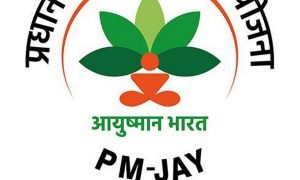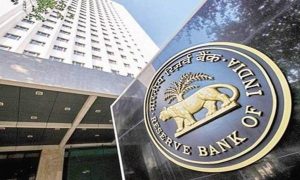A number of factors including age, race, medical history, and family history can influence the link to high blood pressure
While low blood pressure can make you feel tired and dizzy, there are no such symptoms of hypertension, even when blood pressure is dangerously high. So it is important to get your blood pressure checked on a regular basis.
A number of factors including age, race, medical history, and family history can influence the link to high blood pressure, here are a couple of things you should do to keep it in control:
1. Lose Extra Pounds:
Blood pressure often increases as weight increases, therefore losing those extra kilos is one of the most effective lifestyle change for controlling high BP. Being overweight can cause disrupted breathing while one is sleeping also known as sleep apnea, which further raises your blood pressure.
2. Healthy Diet
Any medical problem is in a way linked to the food we eat, so is hypertension. Following a diet rich in whole grains, fruits, vegetables and low-fat dairy products, which is called Dietary Approaches to Stop Hypertension (DASH), can help lower your blood pressure by up to 11 mm Hg.
3. Reduce Sodium
Did you know a small reduction in sodium can improve your heart health? If you have high blood pressure, cutting down on sodium will reduce it by about 5 to 6 mm Hg, according to a report by Mayo Clinic. The effect of salt intake on blood pressure is different for groups of people. If you have high BP, get in touch with your doctor for reducing sodium.
4. Regular exercise
Regular physical activity can lower your blood pressure. It’s important to be consistent because if you stop exercising, the blood pressure can rise again. If you have hypertension, regular physical activity can bring the blood pressure down to safer levels.
5. Quit smoking, limit drinking
Cigarettes increase your blood pressure for a couple of minutes, when you finish smoking. Quitting cigarettes helps an individual in keeping their blood pressure under control. Not consuming cigarettes can reduce the risk of heart disease and improve your overall health. Meanwhile, alcohol can be both good and bad for blood pressure. According to a report by the National Library of Medicine, alcohol decreases blood pressure initially (up to 12 hours after ingestion) and increases blood pressure after that.
Some other ways to control your hypertension are cutting down on caffeine, reducing stress, eating a protein-rich diet, and proper sleep.





































